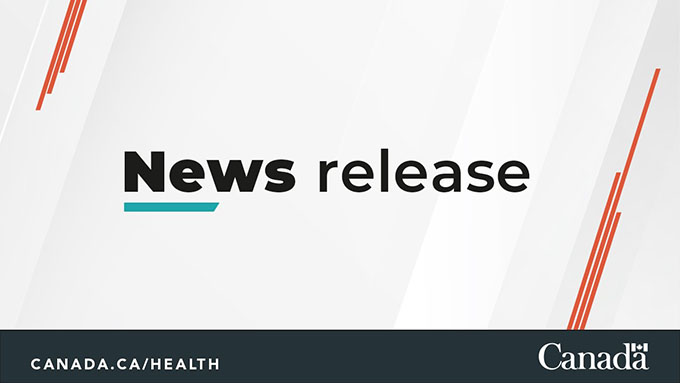
Government of Canada supports community-based projects addressing HIV, Hepatitis C, and other sexually transmitted and blood-borne infections
February 23, 2024 | Surrey, British Columbia | Public Health Agency of Canada
Today, Yasir Naqvi, Parliamentary Secretary to the Minister of Health, on behalf of the Honourable Mark Holland, Minister of Health, announced more than $12.6 million in funding through the HIV and Hepatitis C Community Action Fund (CAF) and the Harm Reduction Fund (HRF) for 16 projects to support the work of community-based organizations addressing HIV, hepatitis C and other sexually transmitted and blood-borne infections (STBBI) throughout British Columbia.
STBBI are preventable, treatable and in many cases curable. However, these infections remain a significant public health concern in Canada, especially among Indigenous, 2SLGBTQ+, and other equity-deserving communities. Today’s funding includes more than $12 million through the CAF, which will support 15 community-based interventions to address HIV, hepatitis C and other STBBI. For example, the HIC/HCV Community Integration Support Program by the Phoenix Drug and Alcohol Recovery and Education Society. This project will strengthen the capacity of people in, or recently released, from institutional settings to reduce transmission of STBBI through testing, peer support, educational workshops, and linking individuals to treatment and care through front-line service providers.
This announcement also includes $536,739 to Positive Living North: No Kheyoh t’sih’en t’sehena Society through the HRF to help reduce HIV and hepatitis C among people who share injection and inhalation drug-use equipment. The Awakening Our Strength: A Harm Reduction Outreach Program in Prince George will mobilize peer educators to provide knowledge and capacity to key populations and target audiences on the transmission of STBBI related to substance-use behaviours using a harm-reduction approach.
The Government of Canada is committed to working with and supporting community-based organizations, Indigenous partners, provinces and territories, researchers, public health, and the health sector to prevent new infections and support the global goal of ending HIV, hepatitis C and other STBBI as public health concerns.
